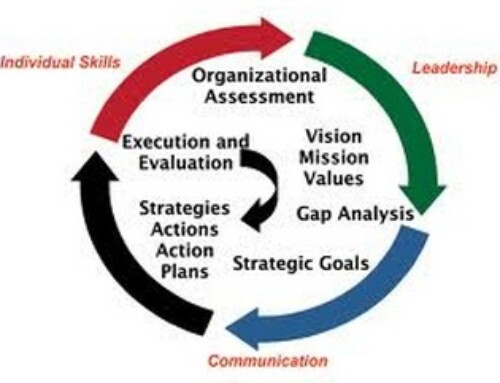 Self-confession: I love surveys. Data is my kryptonite. I got hooked in my grad school stats class and I’ve never looked back.
Self-confession: I love surveys. Data is my kryptonite. I got hooked in my grad school stats class and I’ve never looked back.
At Great Western Bank, I created the Realty Confidence Index, which surveyed face-to-face broker-owners in 23 states. At Fannie Mae, I got to pitch to reporters nationwide the most comprehensive housing surveys of its day. At Imprev, I helped craft and launch the real estate industry’s first Thought Leader Survey and continue to spearhead that effort.
This all means I know intimately what Mark Twain meant when he popularized the saying, “There are lies, damn lies and statistics.” Two people can draw completely different conclusions from the exact same data.
Which is why I am having problems with a few statistics about Millennials and their immediate impact on home buying:
- Zillow’s economist Stan Humphries says, “By the end of 2015, millennial buyers will represent the largest group of homebuyers.”
- The National Association of Realtors 2015 report on generational trends says that Millennials make up the largest share of homebuyers at 32 percent and comprises 68 percent of first-time buyers.
- A TD Bank survey says that 62 percent of potential first-time home buyers think that they will purchase a home within the next two years; among millennial survey respondents, the number rises to 67 percent.
The problem I am trying to reconcile is that there are many other statistics that seem to contradict the notion that Millennials are going to drive the housing market, including the numbers below, from a blog (“Millennial Marketing Madness”) I wrote last November provided by economist Elliott Eisenberg:
- In 2010, households headed by Millennials had a median income of $37,600, now it’s just $35,300.
- 41.4% of Millennials have student loans, which is up from 33.6% in 2007 and 23.3% in 1998.
- Student loan balances are up from $10,000 in 1988 to $17,300 in 2013.
- Just 38.6% of Millennials hold equities, down from almost half in 2001.
- Median net worth for Millennials overall is a paltry $10,400.
Add in these statistics from the TD Bank survey that touts how Millennials are going to “own” the housing market in the next two years:
- 70 percent of Millennial respondents said that they need to save for a down payment.
- 52 percent of Millennials said that they need to pay down debt.
- More than one-in-five consumers (22 percent) looking to purchase their first home said that they can’t find a home in their price range.
And then there are these statistics:
- Forbes reports that Moody’s Analytics shows that Millennials still have a negative savings rates, even as other generations have recovered from the Great Recession. This is largely due “to burgeoning student loan debt, which has escalated in tandem with a decline in the net worth of people under age 35.”
- Millennials average down payment was under 5% when purchasing a home during 2014 and early 2015, according to a survey by Endeavor America Loan Services.
- One in five Millennials received assistance from a family member for the down payment, Endeavor says.
- 41% of Millennials used a co-borrower to qualify for a home.
- The average loan size for these Millennials was just over $182,000.
- The average Millennial credit score was 664.
I have a theory that reconciles most of these statistics: Millennials are turning to their Baby Boomer parents who are buying the homes for their kids or helping their kids buy a home. If this is really what’s happening, it’s important to realize that the real decision makers are NOT the Millennials but the Boomer parents: They will be calling the shots and those are the folks that real estate professionals really need to be considering in their marketing to Millennials: Boomers will continue to be the real drivers in housing marketing for many years to come.
Which brings me to the biggest conundrum of Millennials and Boomers and buying houses: Even if Millennials can afford to buy a home, what homes are they going to buy?
Recently at a NAREE conference in Miami, experts pointed out an interesting fact: Millennials don’t want McMansions. But that is the housing property Boomers are about to vacate – in droves – as more and more become empty nesters (albeit delayed because so many Millennials are having to live back at home with Mom and Dad), they want to jettison their huge homes.
Millennials, surveys say, don’t want big homes, and largely see themselves as car-less city-dwellers, not suburban commuters.
So who will buy all of the Boomer McMansions? Will Millennials, as they have kids and go to buy their second homes, go big or stay small? Only time will tell.





[…] included in that e-newsletter is an interesting link to the article “Why Millennials won’t buy Boomer McMansions,” by Kevin Hawkins. He goes through several conflicting statistics to attempt to reconcile […]
Interesting question – I have also wondered what will happen to all the McMansions…
Great article – exactly what I’ve been thinking – and see among my clients. The Millennials don’t want grandpa’s albatross. Please follow @glennconnection
McMansions won’t be bought because they are generally cheap, tacky garbage built by the tasteless who did not employ an architect.
Polystyrene arch mouldings… Meh.